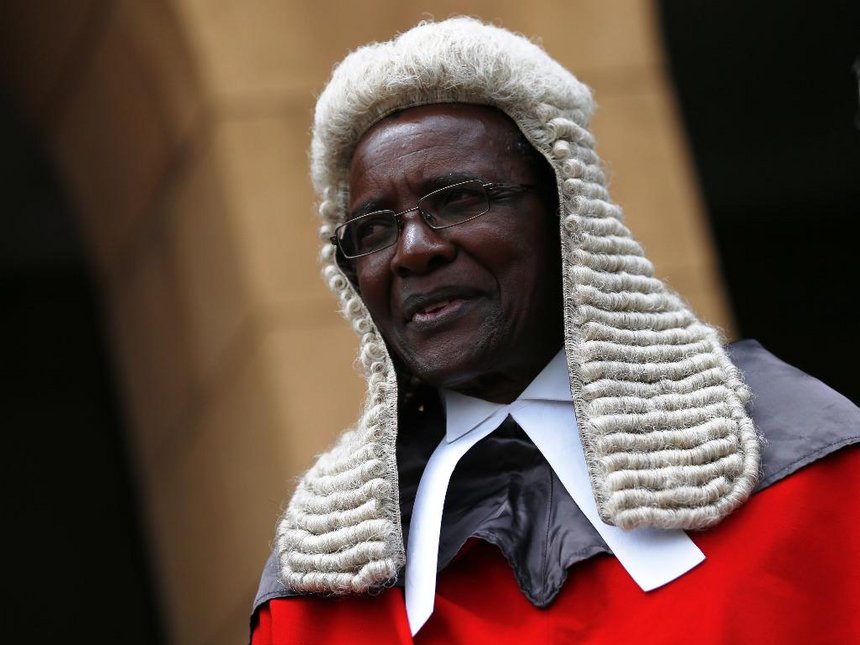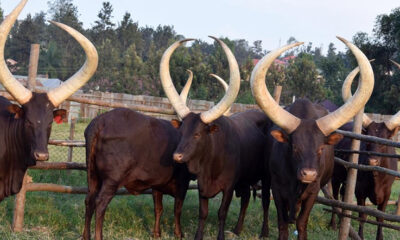Editor
Kenya Chief Justice Maraga ruling eye-opener for Africa’s Judiciary
Plaudits have gone forth on the ruling made by Kenya’s Supreme Court last week on the conduct of the August 8, 2017 general elections. The Court overturned the declaration made by the Independent Electoral and Boundaries Commission (IEBC) that Incumbent President Uhuru Kenyatta had beaten Raila Odinga’s National Super Alliance (NASA) by a 54% to 45% margin.
It is the first time an election petition has been successful in Africa; and the third time world overall – the other two being in Austria and Ukraine. It is a development that marks a growing determination by a Judiciary to grow its teeth and bite the bullet; against the background of threats and bribery by the Executive.
To be sure, this has followed Maraga, with Kenyatta recently calling the judges “crooks”; and that; he will “show them”. Yet in 2013, when the judges ruled against Odinga’s petition, Kenyatta did not abuse the judges.
Moreover, two of the six judges, in this instance, ruled in his favour: did he mean that Jackton Ojwang and Njoki Ndungu are also crooks, by saying that he had won the election? Is he saying that they accepted his bribery or succumbed to his threats, or both?
It may point to the other explanation that has been a prevalent suspicion about the African Judiciary: that they accept bribes to have the rulings in the incumbent’s favour. A recent survey by the East African Bribery Index (EABI) shows that apart from the Police, the other most corrupt arm of governments susceptible to bribery is the Judiciary. The Maraga ruling rescues some of the judges from this insult.
Where the ruling parties have won the elections, they will, of course, come to the sides of the judges. In the region, such will immediately spot the cases of Rwanda and Burundi, where the ruling parties won by an impossible more than 90%. In the case of Burundi, the issue may go the International Criminal Court (ICC) for arbitration on the overt form of dictatorship; whereas for Rwanda, the mistaken incumbent’s popularity is more in the realm of a pernicious, other than a benevolent, autocracy.
Other such cases in Africa have been in Togo and Gabon. For both, it is the matter of the ruling regimes attempting monarchies. Gabon’s case was very poignant because, the opposition had a strong case which that country’s judiciary simply decided to ignore. We shall watch Angola next.
Here, the Justice Benjamin Odoki judgment after the 2006 Uganda presidential poll, ruled outside the law on circumstances which had no bearing on Dr. Kizza Besigye’s petition. One would, therefore, have been forgiven to assume that other extraneous issues informed his judgment.
Focus must also be brought to bear on the electoral commissions. Odinga is justifiably calling for the overhaul of the IEBC. Other arguments are being brought against this, citing the time factor to the October re-run.
Also, IEBC Chairman, Wafula Chebukati, with Kenyatta’s urging, is refusing to step down, preferring instead to vet his own staff. Was he not the man who was in charge of the bungled poll?
Comments



















